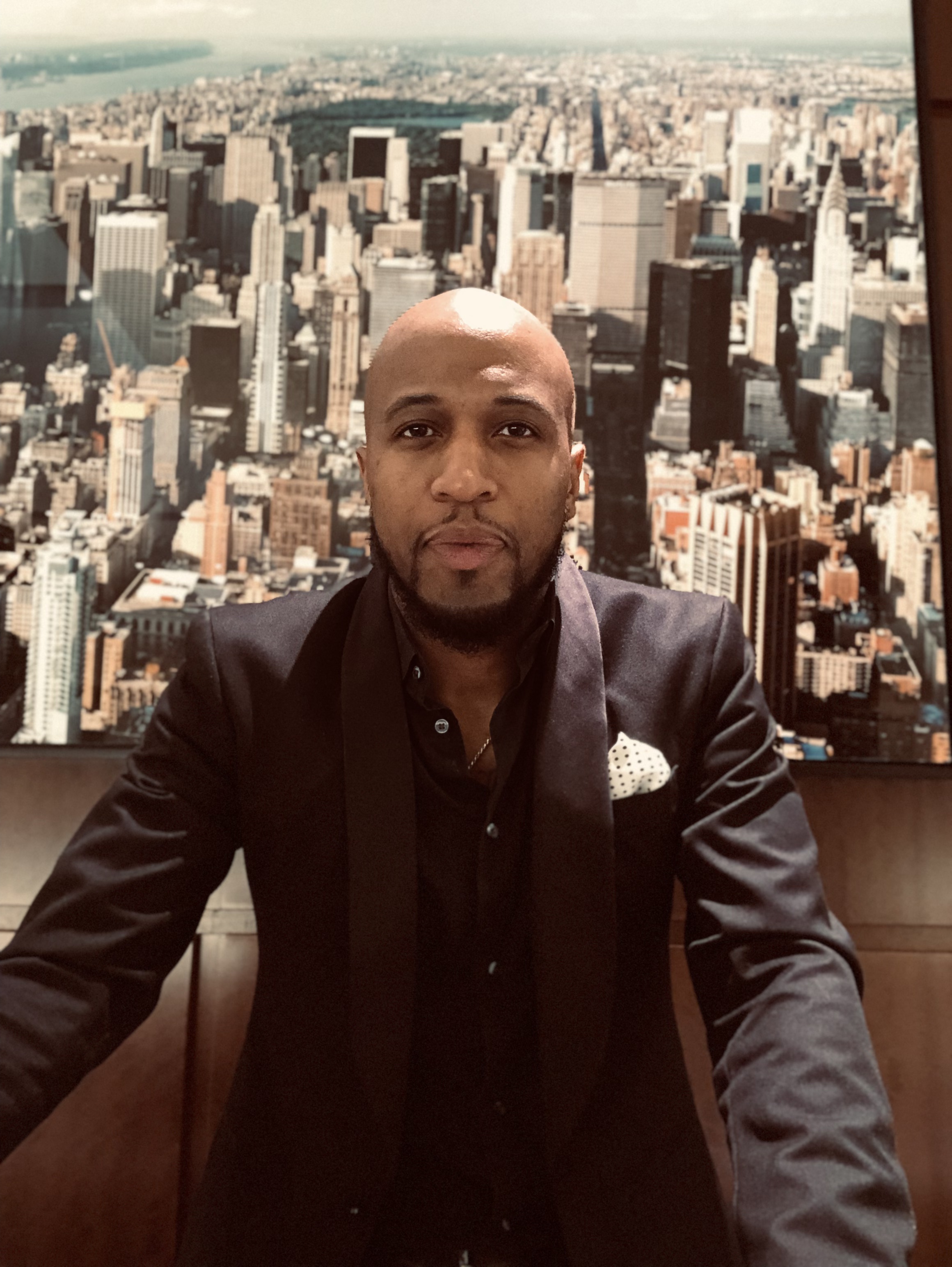Women's History Month - Revisiting: Rapsody - "Eve"
- qliveontheair

- Mar 8, 2023
- 3 min read

Eve (released August 23, 2019)
In light of it currently being Women's History Month and International Women's Day, I felt it was only appropriate to revisit the masterpiece that is Eve by the dominant emcee, Rapsody.
Contrary to some recently publicized opinions, women have not only always been represented in rap music, but they have also often been its backbone, adding much-needed detail to its ever-growing tapestry of narratives about the Black experience. While the current moment seemingly belongs to the “hot girls,” and/or "city girls" in truth, the "city girl" narrative, although enjoyable, only tells a part of the story.
Rapsody crept her way into my ears the moment her vocals cut on “Complexion” on Kendrick Lamar's, To Pimp a Butterfly. As far as introductions to an artist go, I don’t think I could have dreamed up anything better. Here’s Kendrick Lamar in the middle of dropping a museum-worthy album and in comes Rapsody from left field, who arguably out-raps him. From there, I was instantly a fan.
Rapsody is one of those names that most often gets used to beat down rappers like Megan Thee Stallion, Cardi B., Nicki Minaj, or City Girls because she mostly opts for clothing that doesn’t show as much skin. However, that point of view always undercuts how truly dynamic and versatile her rhymes are because she is so much more than just the “lyrical” rapper who raps about how well she raps. Furthermore, it misrepresents Rapsody’s mission: Rather than simply providing an alternative to “stripper rap” or acting as an avatar for respectable, dressed-up female rappers, she wishes to represent and uplift all women, regardless of their presentation, and act as the vanguard of a generation of emcees who can dress however they want while receiving respect for their skills without arbitrary standards of respectability.
The third album from the 36-year-old North-Carolina-bred artist features a hall-of-fame track list naming legendary black women from Nina to Serena. By design, it’s a great feminist tribute to others. By extension, it’s a self-portrait of a multifaceted artist.
Featuring collaborations with Queen Latifah, J. Cole, and PJ Morton, Rapsody’s lyrics have a provoking sense of urgency. On "CLEO" she comments: “A black woman’s story they don’t want this kind of rappin’/ They love the fantasy, they love the gun-bang action.”
“Just talking about how Nina Simone and Roberta Flack, I come from directly from their lineage, and the idea just popped in my head why don’t you take that and do a song about it and show that black women aren’t a monolith… I am an extension of Nina Simone and Roberta Flack because the lyrics and the soul and one of my favorite Nina’s quotes is it’s an artist’s duty to tell the truth.”
That truth includes moments like “Aaliyah,” where Rapsody praises Baby Girl’s unconventional beauty, making room for tomboys to be considered gorgeous. It includes “Oprah,” a get-money anthem where guest rapper Leikeli47 (who also forgoes skimpy outfits, taking the even more extreme measure of covering her face with a mask, like MF Doom) boasts that observers will “hate what I f*ckin’ make / Just to pop out and I don’t even show my face.” It includes praise for “Nina,” yes, but also for the fictional “Cleo” from Set It Off, who rebelled in an ultimate way, as well as Cleo’s actor, Queen Latifah, who guests “Hatshepsut,” named for the second historically-confirmed female pharaoh of Egypt, proving that women can wield power as gracefully as men.
Throughout Eve, Rapsody honors Black women who have been poets (“Maya”), athletes (“Serena,” “Ibtihaj”), leaders (“Sojourner,” "Michelle”), and beauties (“Tyra,” “Iman”). With her words, she expands on the narrative tapestry to include a spectrum of female roles and the power within women to inhabit each, many, or none. She stands up to guest rapper JID’s age-old rapper invocation of the term “bitch” by evoking Queen Latifah’s famed challenge “Who you calling a bitch?,” symbolically shunning men’s designations in favor of self-determination. Women can be queens, they can be rebels, they can be pioneers, they can be mothers. And, as Rapsody proves time and time again, they can be one of the best rappers of a generation, and not just when men decide it to be so.
Eve is a shining example of what’s possible when an artist and producer take the time to create a thesis instead of a SparkNotes summary made for radio.
Listen to Eve below.




Comments